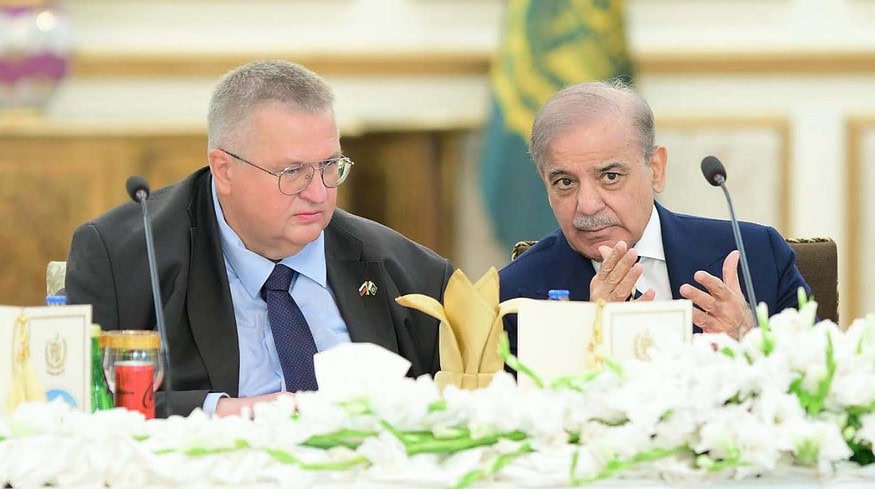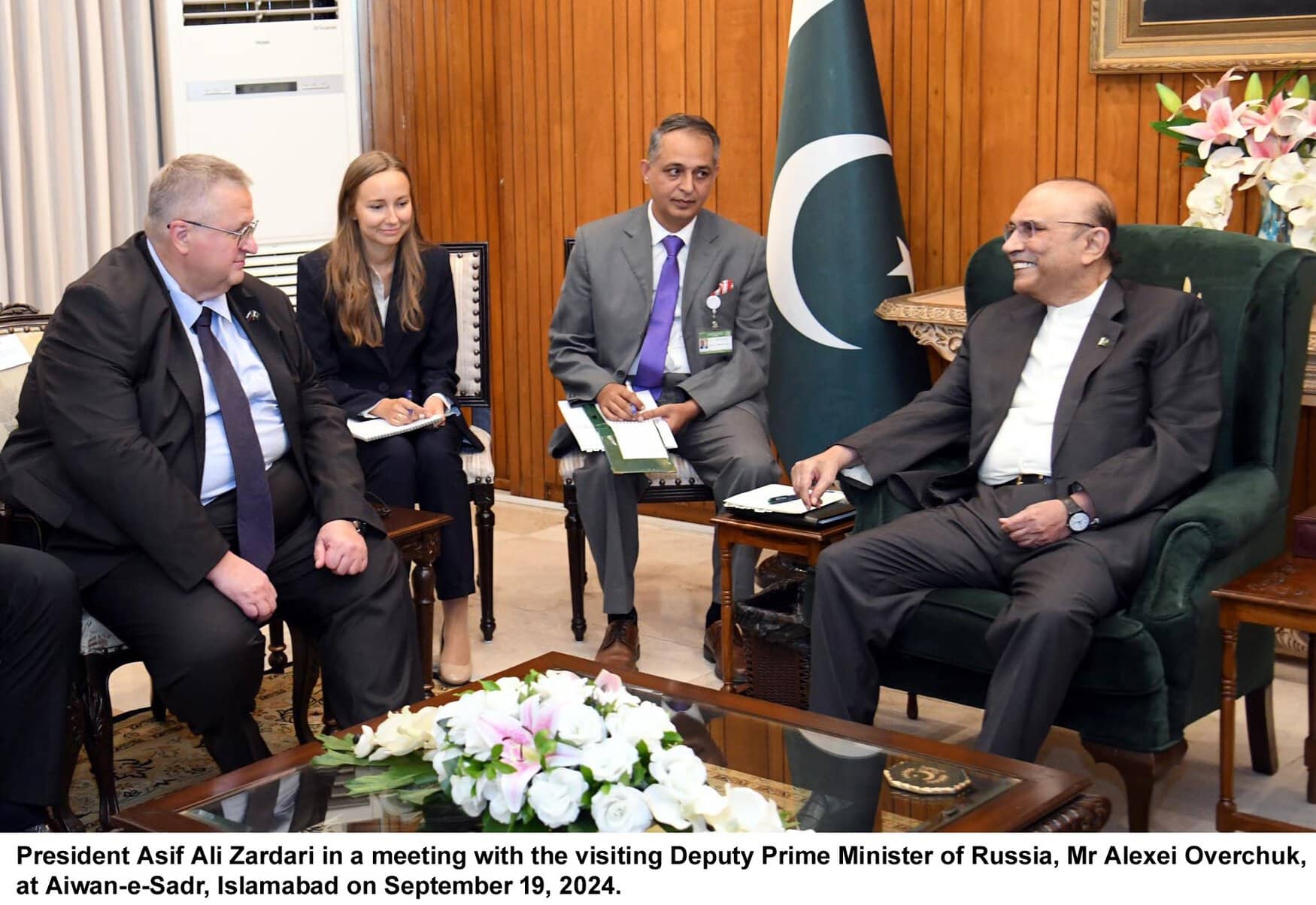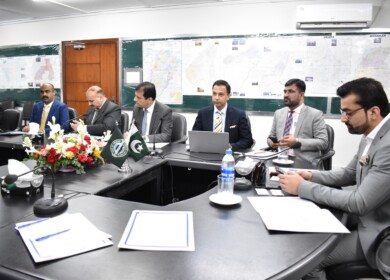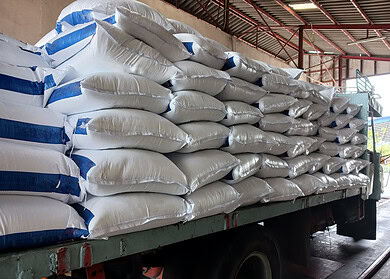Pakistan and Russia enhance agricultural and economic ties

Pakistan and Russia have renewed their dedication to intensifying trade and economic relations, emphasizing agriculture and regional connectivity as key areas of collaboration. This commitment was articulated during discussions between Pakistan’s President Asif Ali Zardari and Russia’s Deputy Prime Minister Alexei Overchuk, who led a Russian delegation to the presidential palace in Islamabad on September 19.
President Zardari highlighted the potential benefits of barter trade and improving infrastructural connections to bolster economic ties. He advocated for simplified visa procedures and more robust transport links, including railway expansions and direct flights to foster closer business and cultural exchanges.

Agriculture was identified as a prime sector for collaborative ventures. The discussions revealed substantial opportunities to initiate joint agricultural projects, aimed at benefiting both nations. In light of this, a 75-member Pakistani business delegation is scheduled to visit Russia next month to further explore these opportunities.
Deputy Prime Minister Overchuk outlined Russia’s intent to enhance cooperation in multiple sectors, including food security, science, and education. He also mentioned an upcoming visit by the Russian Prime Minister to Pakistan, which is expected to further strengthen the bilateral relationship.

Prime Minister Muhammad Shehbaz Sharif also met with DPM Overchuk, expressing Pakistan’s strategic interest in fortifying ties with Russia. The Prime Minister reminisced about his fruitful discussion with Russian President Vladimir Putin earlier in July and looked forward to the continued engagement.
On the preceding day, Pakistan’s Deputy Prime Minister and Foreign Minister, Ishaq Dar, engaged in comprehensive talks with Overchuk, during which both parties reviewed and sought to augment their bilateral cooperation based on the solid foundation established over the last two decades. Mr. Dar celebrated a significant achievement, announcing that bilateral trade had reached the milestone of $1 billion in the last fiscal year.
The countries signed Memorandum of Understanding, underscoring the mutual interest of both nations in advancing cooperation across various sectors, notably in trade, investment, energy, information technology, agriculture, and education.
Enjoyed this story?
Every Monday, our subscribers get their hands on a digest of the most trending agriculture news. You can join them too!












Discussion0 comments